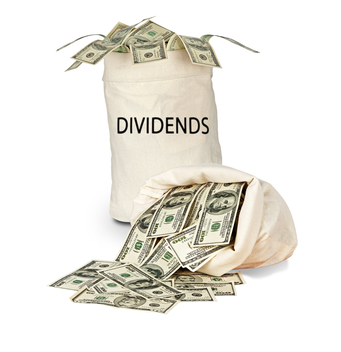If you’re looking for dividend-paying ETFs, Singapore may not be the first place that comes to mind. But surprisingly, several Singapore-listed ETFs offer attractive dividend yields. In this article, we look at some of the best dividend ETFs in Singapore and discuss why they might be worth considering.
What are ETFs, and why should you invest in them?
An ETF, or Exchange-Traded Fund, is a type of investment fund that tracks the performance of a specific asset class or index. Because they are traded on an exchange like stocks, it can be easier for investors to access the markets and diversify their portfolios with ETFs than traditional mutual funds.
How does Singapore ETFs work, and what are their benefits?
One of the key benefits of investing in Singapore ETFs is that they are typically low-cost. Many ETFs on the Singapore stock exchange have expense ratios below 1%, which can help reduce your total trading costs over time.
Another advantage of Singapore ETFs is their tax efficiency. Because they don’t incur any capital gains taxes, investors who hold them for more than a year may be able to enjoy some tax savings in the long run.
With these benefits in mind, let’s look at some of the top dividend-paying ETFs on the Singapore market today.
The SPDR STI ETF (ES3) is one of the most popular options for investors looking for high-quality dividend stocks, with a dividend yield of around 3.5%. This ETF, linked to the Straits Times Index, invests in 30 of the largest and most established companies on the Singapore stock exchange.
Another top pick for investors looking for dividend income is the Nikko AM Singapore STI ETF (G3B). This ETF has an expense ratio of just 0.30% and pays dividends quarterly to its investors. With a current dividend yield of nearly 4%, this ETF offers one of the highest payouts among Singapore-listed funds.
If you’re interested in exploring other options for investing in Singapore’s high-yielding dividend stocks, many other options are also available. Just be sure to research and consider your risk tolerance and investment goals before making any final decisions.
What risks are associated with investing in Singapore ETFs, and how can you reduce them?
One risk associated with investing in Singapore ETFs is that these funds are not guaranteed to pay dividends, and dividend yields can vary yearly. Additionally, the performance of these funds can be impacted by a wide range of factors, including changes in interest rates and exchange rates, as well as economic downturns or other market events.
To minimize these risks, carefully research the ETFs you’re considering and understand how they work before investing your money. You should also make sure to diversify your portfolio across different asset classes and sectors to reduce the impact of fluctuations in any one area. And finally, it’s critical to monitor your investments regularly so that you can take action if necessary to protect your financial goals.
How to choose the best Singapore ETF for your investment needs
When choosing an ETF to invest in, it’s essential to consider many factors, including the expense ratio, dividend yield, and historical returns.
You should also look at the portfolio holdings of each fund and understand how they are structured to assess their risk level and potential for growth. Additionally, it’s crucial to consult with a financial advisor to help determine which Singapore ETFs may suit your unique situation and goals as an investor. With these considerations in mind, you can find the best ETFs for your investment needs and start building a well-positioned portfolio for long-term success.
Conclusion
Overall, investing in Singapore ETFs can be a great way to gain exposure to the high-yielding dividend stocks on the local market while potentially reducing your total trading costs and tax liabilities over time. However, it’s essential to research and choose the suitable funds for your investment needs to maximise your returns and minimize your risks.

